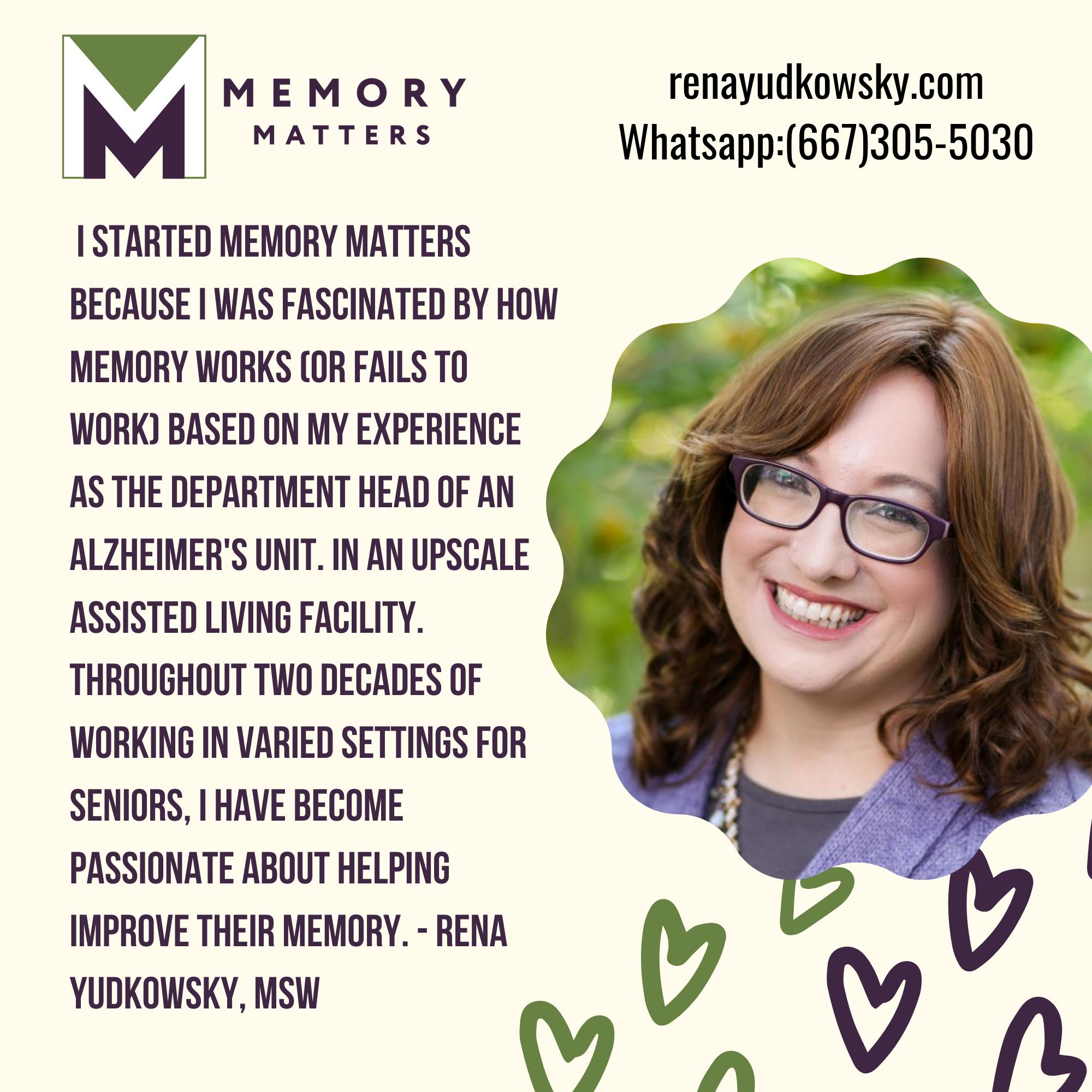
TEAS Should Get Your Attention
Please welcome our guest blogger, Rena Yudkowsky, MSW, the CEO of Memory Matters and global expert on aging with confidence. We are big fans of her brain training techniques.
People often say, “I forgot” when really, they mean “I didn’t pay attention in the first place.” We are not even aware that we are not paying attention to what we are seeing or hearing, and therefore, we blame our memory.
Here are four techniques to improve your focus and a mnemonic to remember them. TEAS.
T-Task-one task at a time
That’s right, stop multitasking. It trips up your brain. It is a myth that you are more productive if you do more than one thing a time. Research done in the workplace proved that people who multitasked made double the number of mistakes and it took them twice as long to do the task. Another example of multitasking that is dangerous is driving while talking on a cellphone, which is the equivalent of driving while drunk. Your reaction time is four times more likely to crash and you are half a second slower to hit the brakes!
Multitasking can temporarily reduce your IQ by 15 points! It makes us less creative and causes us more stress.
Although we live in a very distracted world and we are so used to looking at several screens at a time, we lose large fractions of seconds every time we switch tasks. Our brains are sequential processors which means that we do things quickly but not at the same time.
Living more mindfully and aligning our brain to where our body is—is a very important part of focus.
E-Environment
IF you are trying to do a task that you want to remember, your environment has to be conducive to remembering. If there are a lot of disruptions, background noises, or clutter, you might find yourself having a hard time focusing. Lighting is also important to focusing if you are reading. IF you answer the phone while preparing a recipe, you might “forget” the salt!
A-Automatically
Don’t do things automatically, without thinking about it. For example, don’t throw your keys on the table while thinking five other thoughts. IF you do that without engaging your brain, you are not going to be able to find your keys later. Living more mindfully will help you feel calmer, and at the same time, improve your memory.
S-Senses
If you use all of your senses to encode the memory, it will be much easier to retrieve it. Your senses stimulate the brain. If you use one sense to encode a memory, you are 10% likely to remember it one week later. But if you use four senses, you are 97% likely to remember it.
Here are some examples of how you can use this technique to alleviate self-doubt and anxiety related to whether you did these tasks or not:
Did I lock the door?
Look at your hand turning the knob, feel the key in your hand, hear the click sound of the lock working, say out loud, “I am now locking the door.” So later, when you doubt yourself, you will remember hearing yourself say out loud that you locked the door.
Did I turn off the stove?
Watch your hand turn off the stove, move the pot, say out loud, “I turned off the stove.” Smell the aroma of what is cooking.
Self-talk helps to anchor the memory. A few minutes later, think back to the newly minted memory and that will anchor it even more.
Don’t worry about people who might think you are crazy for talking out loud, everyone does it, especially if they are on Bluetooth!
So, the next time that you think you forgot something, ask yourself, did I even pay attention to it in the first place? if not, use one of these techniques to help you. This awareness alone can help to alleviate the fear of getting dementia.
Thanks for sharing your expertise, Rena.




